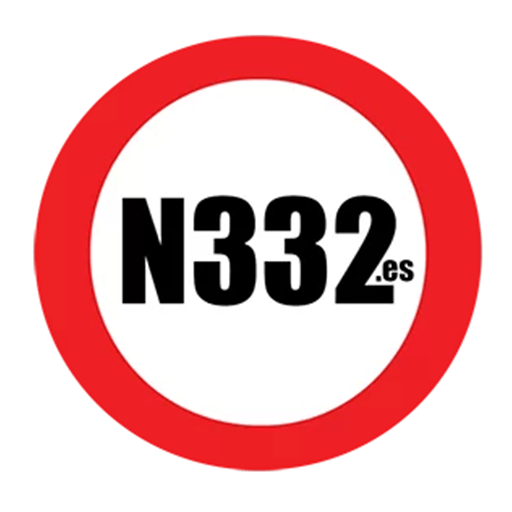Summer is here, which means busier roads, and for some it means an upgrade in the type and size of vehicle they normally drive, as many tourists take to the road in a portable mini house on wheels, otherwise known as a motorhome.
You might not be in the position to buy a motorhome, but rental has become increasingly popular, and so if you are considering embarking on a road trip in a campervan, you need to know a few extra rules.
What the DGT says about travelling in a motorhome or camper
Motorhomes and campers offer greater comfort and flexibility compared to towed caravans. In addition, there are differences in regulations between the two types of transport.
In a motorhome, there are no restrictions on passengers travelling inside, as long as the number of seats allowed in the vehicle’s registration is not exceeded. Both in the cabin and in the passenger compartment, the use of a seat belt or an approved restraint system is mandatory.
Regarding speed limitations, approved motorhomes have the same as passenger cars, although the DGT recommends moderating the speed due to their considerable size.
Another of the most frequent questions among users interested in renting a motorhome is, without any doubt, about parking and/or camping, having different rules to follow.
A motorhome is considered parked when it is parked in a permitted place, without exceeding the road markings and without the activity inside transcending to the outside. This includes not deploying items such as awnings or stabilisation supports, and that perhaps obviously to some includes places chairs and tables outside, none of these actions are compatible with being “parked”.
Camping, on the other hand, is only permitted in designated areas, such as campsites or parking lots designated according to the regulations of each autonomous community. Otherwise, you would be exposed to a fine.
Most frequent fines on motorhome trips
Camping on the coast: Prohibited by the Coastal Law, with penalties from 40 euro per occupied square metre.
Camping in protected areas: Parking in protected areas is prohibited and will result in severe penalties. Therefore, to avoid this penalty, find out in advance which places are authorized for campers.
Illegal parking: Consult municipal ordinances to avoid infractions that can vary between 100 and 200 euro.
Staying overnight or camping: Sleeping inside a motorhome or camper is permitted unless otherwise indicated. Camping, that is, occupying outdoor spaces, is practically prohibited except in areas explicitly designated for it.
Discover more from N332.es - Driving In Spain
Subscribe to get the latest posts sent to your email.
